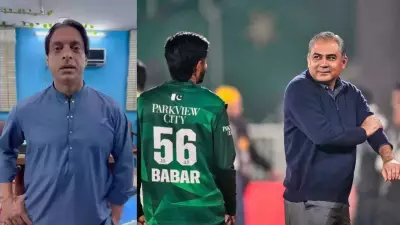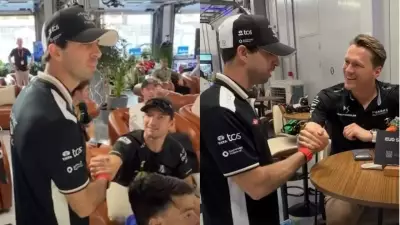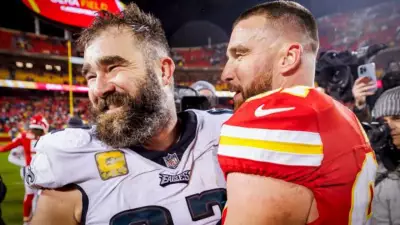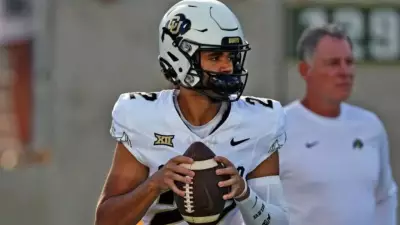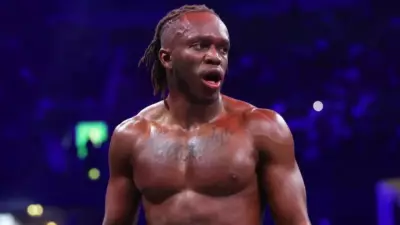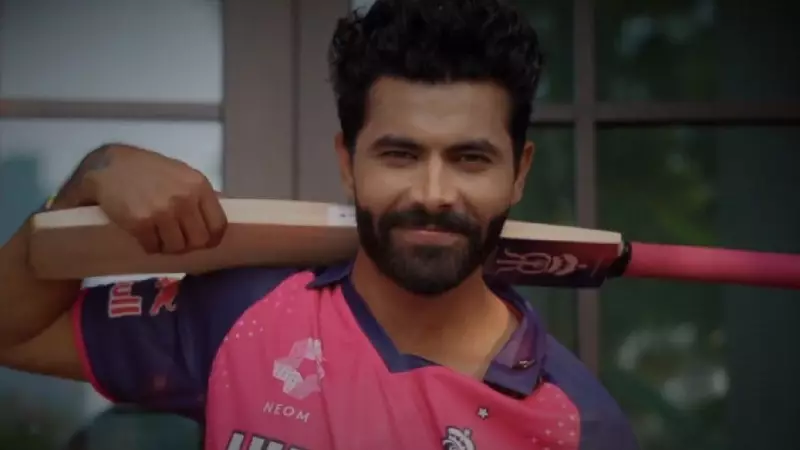
The Unprecedented IPL Trade That Shook Cricket World
In a move that has sent shockwaves through the Indian Premier League, star all-rounder Ravindra Jadeja has made the stunning decision to take a significant pay cut and leave Chennai Super Kings for Rajasthan Royals. This groundbreaking player swap deal, finalized during Saturday's retention deadline, represents one of the most unexpected transfers in IPL history.
The trade sees Jadeja returning to Rajasthan Royals, where his IPL journey began back in 2008 under the mentorship of legendary Shane Warne, who famously dubbed him "Rockstar." What makes this move particularly remarkable is the financial sacrifice involved - Jadeja, who was CSK's top retention last season at Rs 18 crore, has agreed to join Rajasthan for Rs 14 crore, accepting a substantial reduction of Rs 4 crore in his annual earnings.
The Financial Mechanics Behind the Blockbuster Deal
This unprecedented trade has created a fascinating financial dynamic for Rajasthan Royals. The savings from Jadeja's reduced salary enabled the franchise to acquire English all-rounder Sam Curran for Rs 2.4 crore and secure Donovan Ferreira for Rs 1 crore from Delhi Capitals, while still maintaining a balance of Rs 60 lakh in their purse.
Sources within the CSK management revealed that Jadeja himself expressed interest in moving away from the franchise during discussions held approximately a month ago. Only after receiving the player's consent did CSK actively pursue their targets, with Sanju Samson and Washington Sundar topping their wishlist. The trade represents a strategic shift for CSK, who have historically been reluctant participants in player exchange deals.
Strategic Implications for Both Franchises
For Rajasthan Royals, this deal represents a masterstroke in squad management. By letting go of Sanju Samson while having ready-made replacements in Vaibhav Suryavanshi as opener and Dhruv Jurel as wicketkeeper, the franchise has filled two crucial positions by bringing in both Jadeja and Curran at a combined cost lower than what they were paying for Samson alone.
Meanwhile, Chennai Super Kings gain significant value from Samson's arrival. The Kerala batsman potentially provides CSK with a long-term replacement for MS Dhoni, with sources suggesting the legendary captain may not start in all fixtures next season. Samson's ability to bat in the top order gives CSK additional firepower in their top three, and there are strong indications he could captain the side in the future.
The timing of this trade comes as Chennai, having finished at the bottom of the table in the previous season, prepares to enter the mini-auctions with Rs 43.40 crore in their purse - the second-highest after Kolkata Knight Riders, who have Rs 64.30 crore available after releasing Andre Russell and Venkatesh Iyer among others.
The Mystery Behind Jadeja's Pay Cut Decision
What remains puzzling to cricket analysts and franchise officials alike is why Jadeja would voluntarily accept a substantial pay reduction when there was no doubt about his starting position in either team. The buzz in Jaipur suggests he could even be considered for captaincy at Rajasthan Royals.
This decision becomes even more intriguing given that Jadeja had previously reconciled with CSK management after their 2022 disagreement when he was removed as captain mid-season. Both parties had seemingly buried the hatchet, and their relationship had been smooth since that incident. At 37 years old, Jadeja isn't considered old by IPL standards, making the pay cut even more mysterious.
The trade has generated significant emotional response from CSK fans, who took to social media to express their disappointment at losing one of their most beloved players. Even on Saturday morning before the IPL made the deal official, many supporters held out hope that the transfer might somehow collapse.
A New Era for IPL Transfers
This groundbreaking deal signals a potential shift in how IPL franchises approach team building. Multiple franchise officials have indicated that the league is maturing beyond reliance solely on auctions, as the demand and supply chain continues to remain mismatched.
As one franchise executive explained: "With 10 teams and the Impact Player rule in effect, several teams have significant gaps in their squads. It's impossible for most franchises to build a strong team entirely through mega auctions. Once you secure top players, the chances of letting them go become minimal. Trading becomes a viable option because you're dealing with only one interested party ready for discussions."
The executive further noted that "competition becomes less predictable once a player enters the auction pool, making trades a more controlled environment for franchise planning."
This sentiment was echoed by another official who pointed out that "mini auctions have always seen inflated prices for players, and although big names like Russell, Glenn Maxwell, Josh Inglis, Venkatesh Iyer, Ravi Bishnoi, and David Miller are available, the options remain limited."
The uncertainty around landing targets at auction prompted even traditionally conservative teams like CSK, who have rarely engaged in player exchanges and had only one all-cash deal in their history, to actively explore the trade market.
As the IPL continues to evolve, the Jadeja-Samson trade may well be remembered as the deal that changed how franchises approach player acquisitions, paving the way for more strategic exchanges in future seasons.


